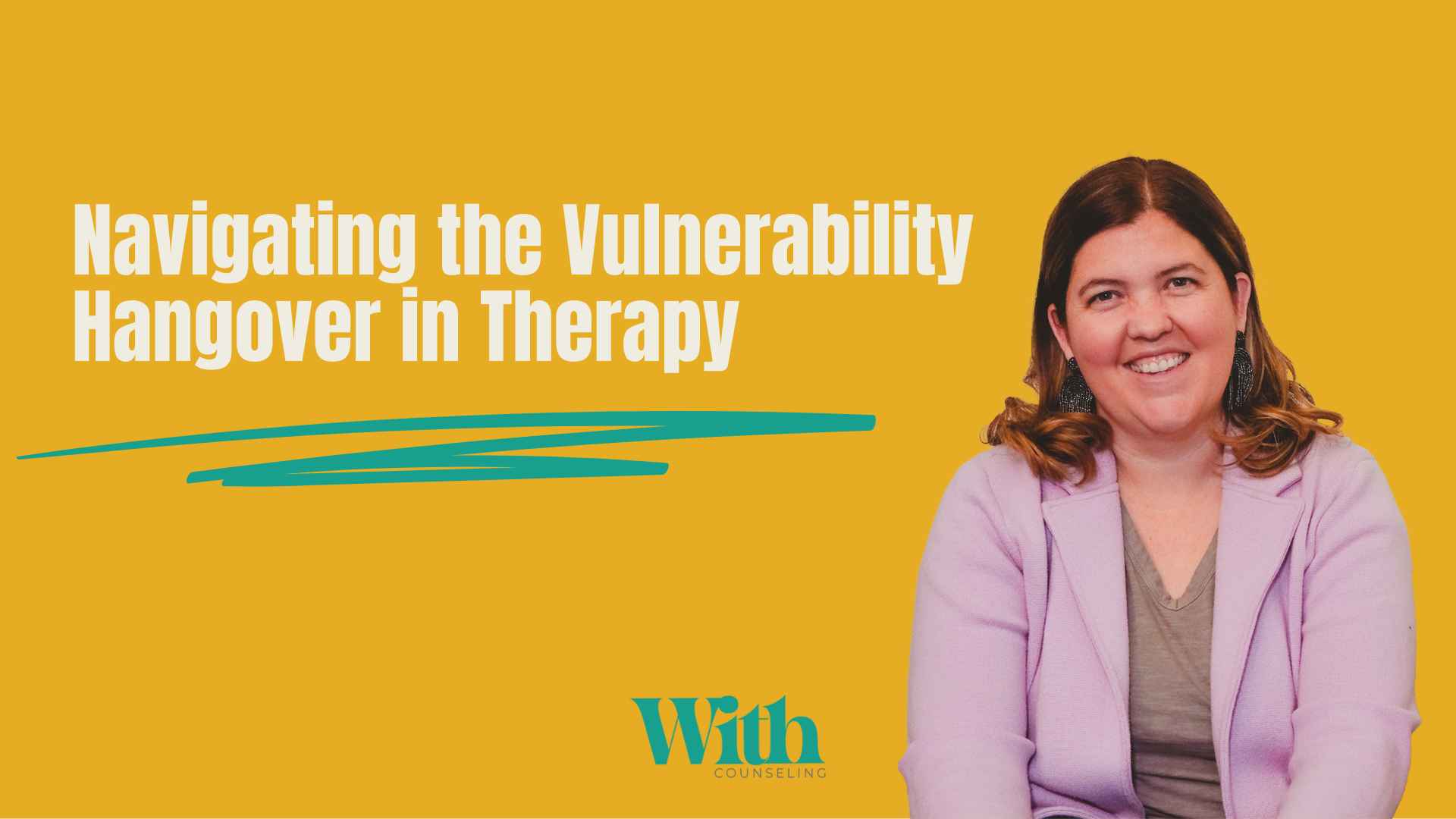
Starting therapy is a courageous step toward self-discovery and healing. However, many people are unprepared for the emotional aftermath that can follow a therapy session—something often referred to as a “vulnerability hangover.” This feeling, a mix of discomfort, self-doubt, and even regret, can emerge after opening up about deeply personal topics.
What Is a Vulnerability Hangover?
The term “vulnerability hangover” perfectly captures the emotional fallout that can occur after sharing something deeply personal. Whether it’s your first therapy session or your fiftieth, discussing difficult experiences can leave you feeling exposed and uneasy. For many, therapy is the first time they have shared parts of their story, and bringing long-held thoughts and emotions into the open can feel overwhelming.
Why Does It Happen?
The act of being vulnerable is difficult. Therapy often requires us to break down emotional walls we have built for protection. The weight of carrying trauma, secrets, or painful memories can feel easier to bear when left unspoken, even if it ultimately hinders growth. But when those thoughts and emotions are finally shared, it can trigger anxiety about how they were received—did I say too much? What does my therapist think of me? How will this change my perception of myself?
Coping with the Vulnerability Hangover
If you experience a vulnerability hangover after a therapy session, know that it is completely normal. Here are some strategies to help navigate it:
1. Acknowledge Your Feelings
Rather than pushing away discomfort, recognize that these feelings are a natural part of growth. Therapy is meant to challenge your thinking and help you process emotions, and feeling vulnerable is a sign that you’re doing meaningful work.
2. Remind Yourself of the Purpose
Therapy is a journey, not a one-time fix. Each session builds on the last, helping you process past experiences and develop healthier coping mechanisms. Feeling exposed means you are engaging in the process and making progress toward healing.
3. Communicate with Your Therapist
Therapists understand the vulnerability hangover and are prepared to support you through it. If you find yourself ruminating about what you shared, bring it up in your next session. Your therapist can help you process any lingering emotions and reinforce that therapy is a safe, judgment-free space.
4. Practice Self-Compassion
It’s easy to be critical of yourself after sharing something deeply personal. Instead, try to extend the same kindness to yourself that you would to a friend. Remind yourself that healing requires openness, and being vulnerable is a sign of strength, not weakness.
5. Focus on Small Wins
Growth happens gradually, and progress isn’t always immediately apparent. Your therapist may even remind you of how far you’ve come. Reflecting on past sessions and recognizing the positive changes in your mindset and behavior can help reinforce the value of your therapeutic work.
Therapy Can Be Disruptive—and That’s Okay
A lesser-discussed aspect of therapy is the impact it can have on your relationships. As you grow and heal, you may start to interact differently with others, setting healthier boundaries and recognizing unhealthy dynamics. This can be challenging, but ultimately, prioritizing your well-being is necessary for long-term happiness.
Keep Showing Up
Therapy isn’t always easy, but the rewards of self-discovery and emotional growth outweigh the discomfort. A vulnerability hangover is simply a sign that you are doing the work—work that can lead to lasting change. By continuing to show up and engage in the process, you are taking an active role in rewriting your story and creating a healthier, more empowered version of yourself.
If you’ve ever walked out of a therapy session feeling emotionally drained or uncertain, remember: you are not alone. This is part of the process, and your therapist is there to support you every step of the way.
